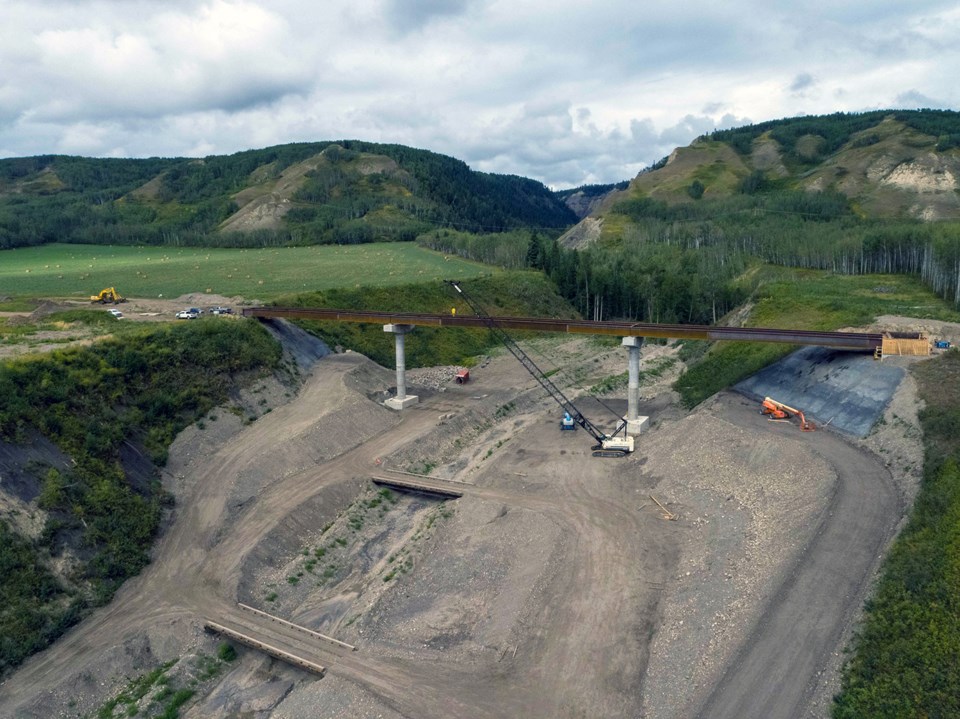The Wilderness Committee and Awi'nakola Foundation say they’ve received copies of fish and wildlife applications to tranquilize hibernating grizzly and black bears and move them to artifical dens.
"Site C is behind schedule, and rather than delay the flooding until a time that will cause less harm to wildlife, B.C. would rather tranquilize and move, and potentially drown, bears,” said Wilderness Committee campaign lead Charlotte Dawe in a press release. “These are the types of bizarre practices that are allowed to be used in the absence of laws to protect wildlife and their homes.”
The committee says the practice of moving bears to artificial dens is controversial and has “little evidence of success”, alleging den sites have been filled in or destroyed to prevent bears from accessing their winter hibernation spots.
24 active bear dens are known in the flood area, they added, with additional sites that are unknown to the government. Their main concern is the potential death of cubs by flooding.
“Flooding a den occupied by a hibernating bear, or any other wildlife species, almost guarantees that the individual will suffer or die. Hibernating animals have specifically selected or created these sites to survive over winter. Bears are not designed to be roused and moved — an extremely stressful activity for the individual — to a spot that likely does not provide the same protection,” wildlife biologist Helen Davis wrote in the release.
“Chances of them remaining in an artificial structure are low in this instance, which may result in the animal dying while it tries to find a suitable natural den,” she added.
BC Hydro says they haven’t relocated any bears, and that flooding will begin in 2024.
“There are some critical work areas that still need to be completed before reservoir filling could begin, including the approach channel, spillway gates and powerhouse intake gates,” wrote Bob Gammer, Site C Community Relations Manager.
“With winter weather and colder conditions setting in, the window to safely begin reservoir filling was coming to a close. As a result, BC Hydro has made the prudent decision to stay on track with its current project schedule,” he added, noting they had been working on the option to fill the reservoir this past fall.
The plan is to have all six generating units in-service by 2025, after the reservoir fills in 2024, with the project sitting at 80 percent completed, explained Gammer.



